Once a month, Jane Hashimawari pops up as Ippai PDX at Milk Glass Market offering Japanese home style cooking like from her mom. Her simple but comforting meals vary by the monthly theme and season and really do seem like what would be on the table at a regular family dinner if you were doing a homestay. Recently, I attended the Ippai PDX Osechi Dinner, which featured some dishes of traditional Japanese New Year’s Food to give 2017 (or any new year) an auspicious start.

To attend a dinner, follow her on her mailing list and her social media like Facebook or Instagram to hear the announcement of the next pop up date and theme. You will need to pre-purchase the dinner online, and the cost will include food and gratuity. Additional beverages to add to your meal (beer, wine, coffee/tea, non-alcoholic options like kombucha etc.) are available at the location for additional cost. Often she will have additional items you may choose to purchase to take home, varying from onigiri pins or to her homemade pickles or furikake seasoning or for this dinner, fresh mochi.

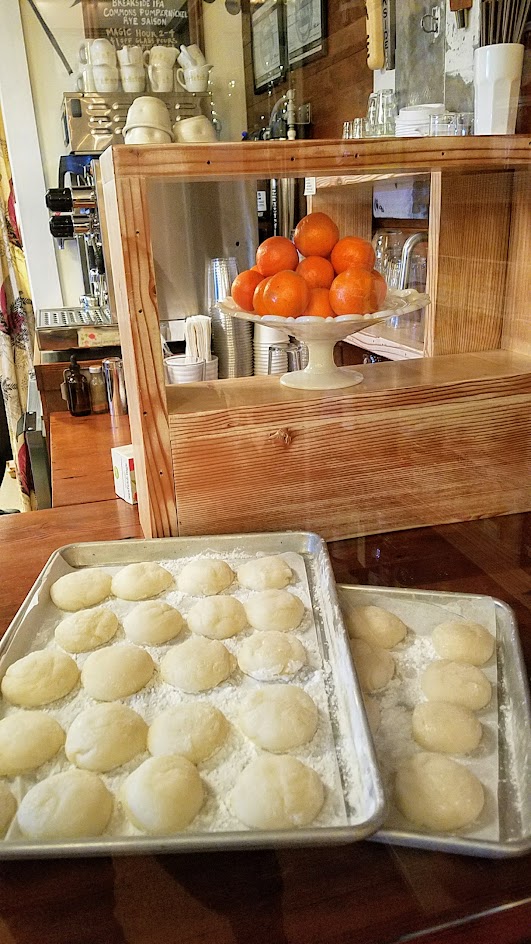
The atmosphere at the pop up feels intimate as the space itself is a cozy neighborhood cafe.



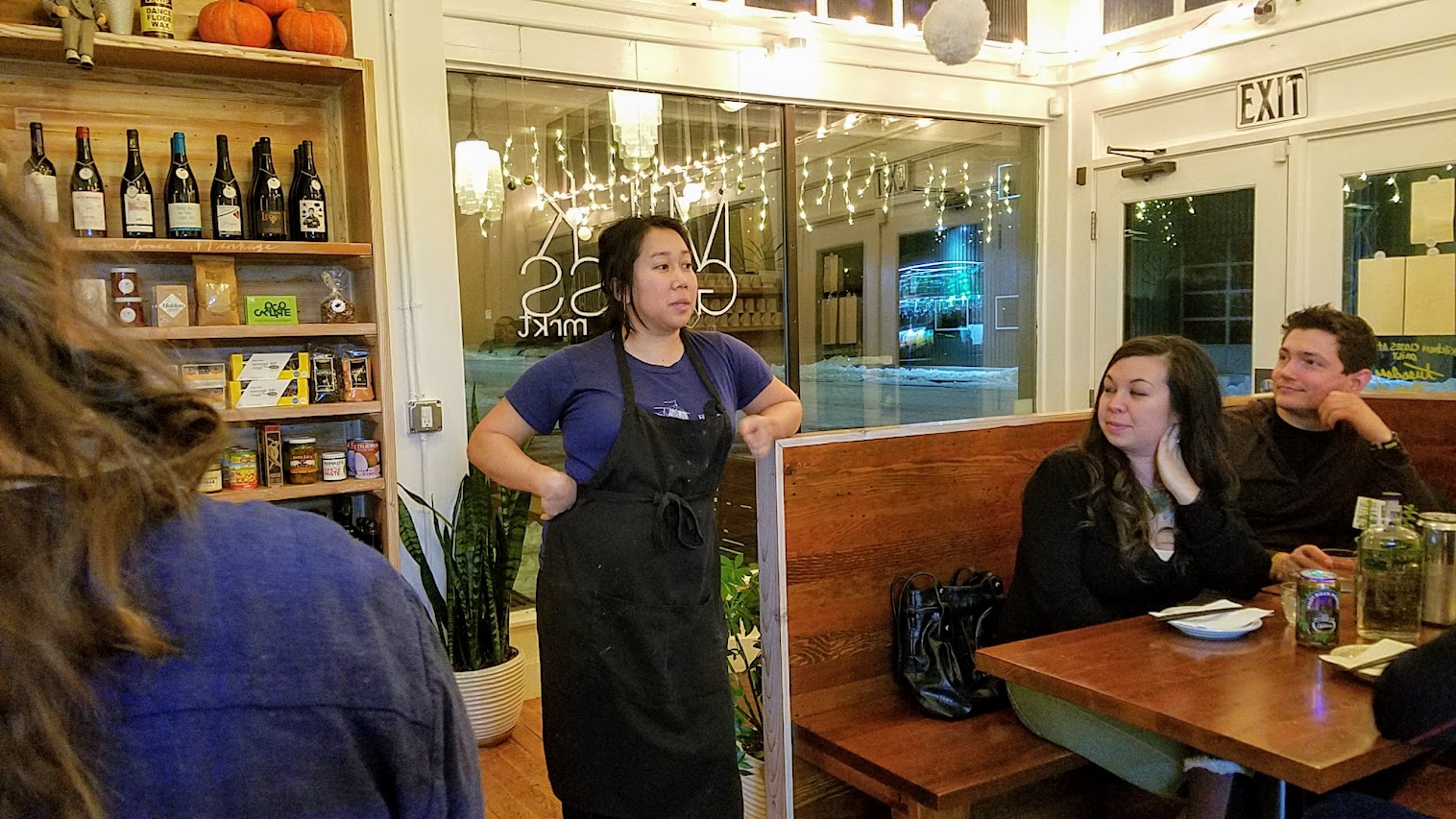
For this New Year’s dinner, most of the foods were convienently just served at room temperature so Ippai was able to offer two seatings, one at 6 PM and one at 8 PM. Here are the dishes and some of their New Year’s significance.
Assortment Plate
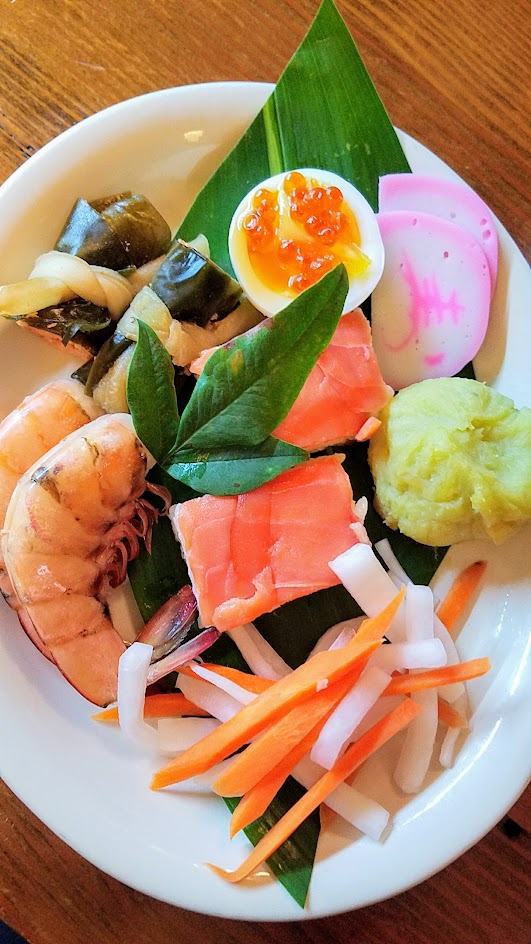

- Namasu: Lightly pickled daikon and carrot salad. The Japanese flag is red and white, but this “red and white” salad seems to accept that orange is close enough, and signifies happiness, good luck, and celebration.
- Ebi no Umami: Sake and soy steamed shrimp. The way the shrimp are slightly bent over is representative of an old person who is hunched over, so it likens it to living to old age aka a wish for long life.With its orange shell over the white shrimp flesh for the celebratory color.
- Konbu Maki: Kelp wrapped salmon simmered in dashi and soy. Jane laughed a little at now understanding why her mom preferred to purchase this rather then make it as tying those little bows was more work than anticipated. The way the konbu (seaweed) covers the salmon and the kanpyo is tied makes it look a pouch, like n envelope given as gifts at New Year’s. The name of these little packages itself is a play on words that sounds like Yorukonbu which almost sounds like yorukubu which means happy.
- Boiled Egg with Salmon Roe. The egg with fish egg on it is a symbol of fertility. And more orange and white!
- Kamaboko Fish Cake. This is the pink and white item in the corner. This represents the first sunrise of the new year. As you might expect from a country that has a rising sun on it, this is significant. Many people get up early (or just stay up) to be able to see the first sunrise in order to pray for well being and health for the new year.
- Kiuri Kinton: Japanese mashed sweet potato ball with candied chestnut in the middle is a symbol of gold wealth
- Salmon Sushi: More celebratory orange and white in the middle

Kuromame
Jane’s Grandma’s slow-simmered sweet and savory extra black soybeans representing strength, fortitude and hard working.

Ozoni Soup
A clear based light and delicate soup with fresh mochi ball (slightly sweet short grain Japanese rice is strained, steamed, and pounded into a paste to make the rice cake, or mochi) that was baked and added. The mochi has a texture like a chewy big dumpling.

Mochi seems like a big deal during New Year’s – when we were there in Japan for New Year’s 2 years ago, we saw many demonstrations with children or mascots or men and women dressed in traditional garments pounding mochi. I think its stretchy chewy texture is supposed to have meanings about long life and good health.

A view of some mochi pounding from my trip to Japan around New Year’s
Onishimi
A bowl of slow stewed vegetables with lotus root, burdock root, carrot, snap peas, and konnyaku “noodles”. Konnyaku is a yam with a weird thick jello like consistency combined with gummy firmness, and it is the purplish with black specked item you see in the first photo below. Gobo, or the burdock root, symbolizes deep roots. Meanwhile the lotus root with the holes that symbolize looking through a hole to see the future.


Orange
We ended on a typical Asian auspicious symbol for celebration of life and abundance:: an orange.

If all this talk of Japanese New Year piqued your interest, next week is the start of Chinese New Year and I’ve shared before some auspicious symbolic food to eat during Chinese New Year. In addition on Sunday January 29 at 11 AM – 4 PM at Portland State University is Mochitsuku! At the Smith Memorial Student Union (1825 SW Broadway) there will be mochi samples, food vendors, stage performances (11:30-3:30), and hands-on activities for all ages. Some of the activities will include
- Families can dress in traditional Japanese attire for photos.
- Experience hands-on cultural demonstrations including calligraphy with Sekko-Kai Calligraphy School, kabuto origami, ikebana (traditional flower arranging) demonstrations with WILD Chiharu’s Flowers, fukuwarai (Japanese New Year’s game) with The International School of Portland, tea ceremony with Nikkei Fujinkai, New Year’s card making with the Portland Japan Girls, and learning to play go (Japanese chess) with the Portland Go Club.
- Mochitsuki will host performances by The Slants, the world’s first all-Asian American dance rock band, founded right here in Portland.
- Experience traditional Japanese drumming and musical guests: Portland Taiko, Utsuki-Kai, Takohachi Taiko, Oregon Koto Kai, Dance Leo and the International School Chorus.
- Enjoy food with rich cultural significance. There will be mochi pounding demonstrations with Utsuki-Kai throughout the day, free mochi samples by Konko Church, and children’s bento cooking classes with Daizu Kitchen. Indulge in appetizing Japanese fare (including Japanese curry favorite Kalé and I’m excited for the baked goods of Oyatsupan Bakers coming in from Beaverton). Plus, take advantage of the opportunity to purchase these foods to enjoy at home!
Find out more at their website. I’ll be there after my gym around 11:30 AM or so! Admission is $10 for adults in advance ($12 at door) and $4 for ages 4-12 ($5 at door). They also have senior and student rates – note that seniors are ages 62 years and older. But, seniors 88 years and older are free and children 3 years and younger are free.
Are there certain New Year’s traditions you have with your upbringing or culture or that you do just because in your family?






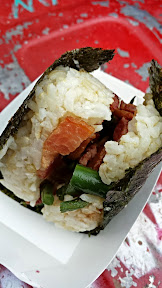

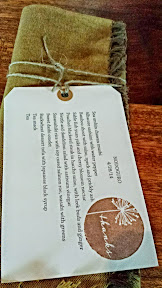

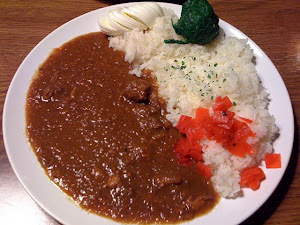


You are definitely Portland’s Go To Gal for pop up dinners, Pech! I hadn’t heard of this one and it looks great!
This look sooooo fun. What an incredible event.